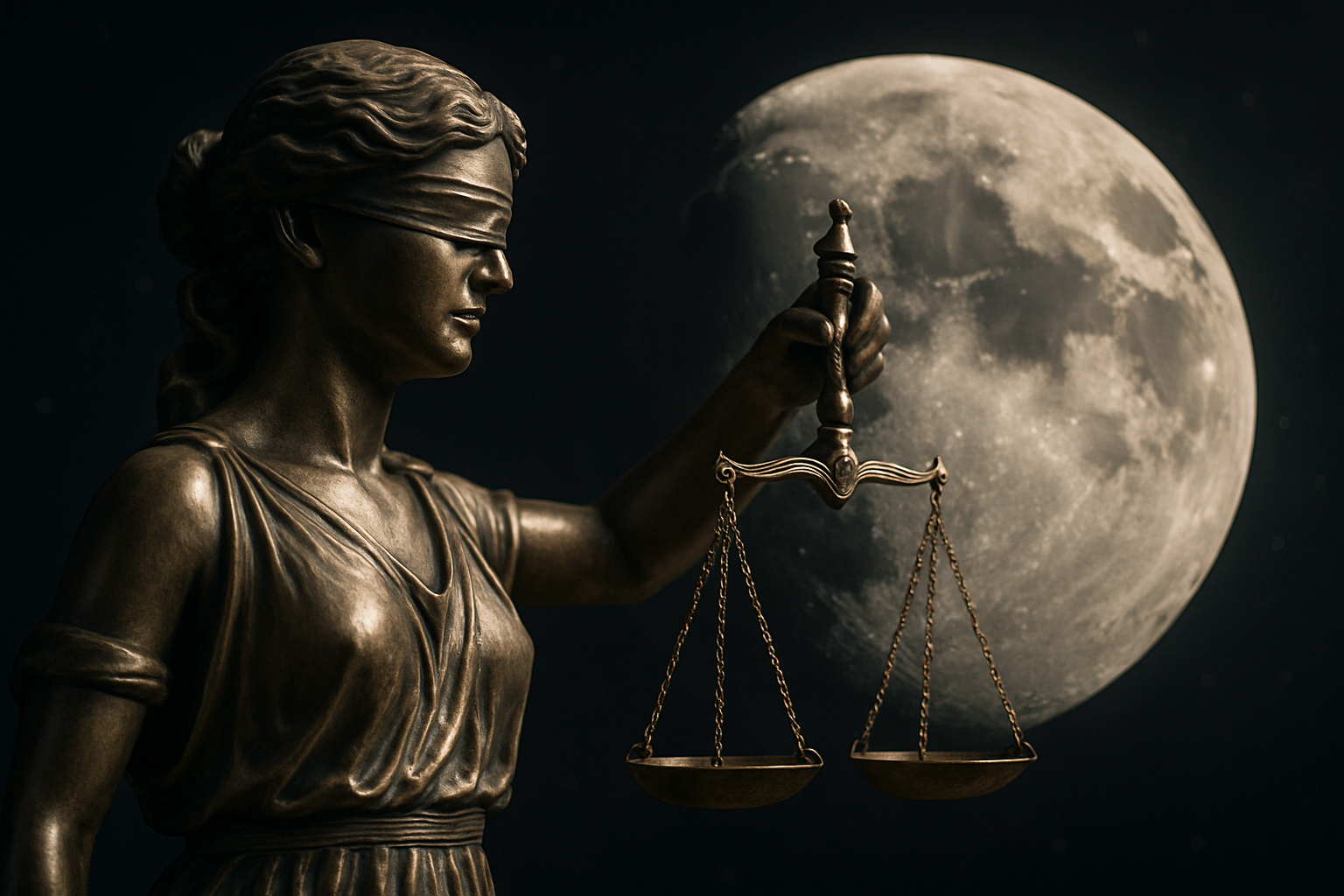Title: Legal Challenges in Space Exploration and Lunar Mining
Introduction: As humanity ventures further into space, a new frontier of legal complexities emerges. The prospect of lunar mining has ignited debates over property rights beyond Earth, challenging existing space laws and prompting urgent discussions about the future of cosmic governance.

The Moon Agreement: A Failed Attempt at Clarity
Adopted in 1979, the Moon Agreement aimed to provide more specific guidelines for lunar activities. It declared the moon and its resources the “common heritage of mankind” and called for an international regime to govern resource exploitation. However, with only 18 signatories and none of the major spacefaring nations on board, the agreement has limited practical impact.
The U.S. Space Act of 2015: Unilateral Action
In 2015, the United States passed the Commercial Space Launch Competitiveness Act, asserting that U.S. citizens may engage in commercial recovery of space resources. This unilateral move sparked controversy, with some arguing it violates the Outer Space Treaty’s non-appropriation principle. Supporters contend that resource extraction doesn’t equate to territorial claims, drawing parallels to fishing in international waters.
International Reactions and Emerging Frameworks
Other nations have followed suit with their own space resource laws, including Luxembourg and the United Arab Emirates. The Hague International Space Resources Governance Working Group has proposed building blocks for an international framework on space resource activities. These efforts aim to balance commercial interests with the principle of space as a global commons.
Property Rights in Space: A Legal Conundrum
The concept of property rights in space challenges traditional notions of sovereignty and ownership. Without an Earth-based authority to enforce claims, how can ownership be established and protected? Some propose a first-come, first-served system, while others advocate for a licensing regime overseen by an international body.
Environmental Considerations and Planetary Protection
As lunar mining becomes a real possibility, questions arise about environmental protection. The moon lacks an atmosphere or ecosystem as we know it, but its pristine state holds scientific value. Balancing resource exploitation with preservation for future generations presents a unique challenge for lawmakers and ethicists alike.
Dispute Resolution in Space: A New Frontier for Arbitration
With multiple actors potentially operating on the moon, conflict resolution mechanisms become crucial. Traditional Earth-based courts may lack jurisdiction or practical ability to adjudicate disputes in space. This has led to proposals for specialized space arbitration tribunals and the development of space-specific legal expertise.
The Role of Private Companies in Shaping Space Law
As commercial entities drive much of the innovation in space technology, they also play an increasingly significant role in shaping space policy. The interplay between government regulations and private sector interests will be crucial in developing a workable legal framework for lunar activities.
Implications for Future Space Colonization
The legal precedents set for lunar mining will have far-reaching consequences for future space exploration and potential colonization of other celestial bodies. How we resolve these initial challenges will shape humanity’s relationship with the cosmos for generations to come.
Conclusion:
The legal landscape of lunar mining represents a fascinating intersection of international law, technological advancement, and philosophical questions about humanity’s place in the universe. As we stand on the brink of a new era in space exploration, the decisions made today will set the course for our cosmic future. Balancing the interests of individual nations, private enterprises, and the global community will require innovative legal thinking and unprecedented international cooperation.




